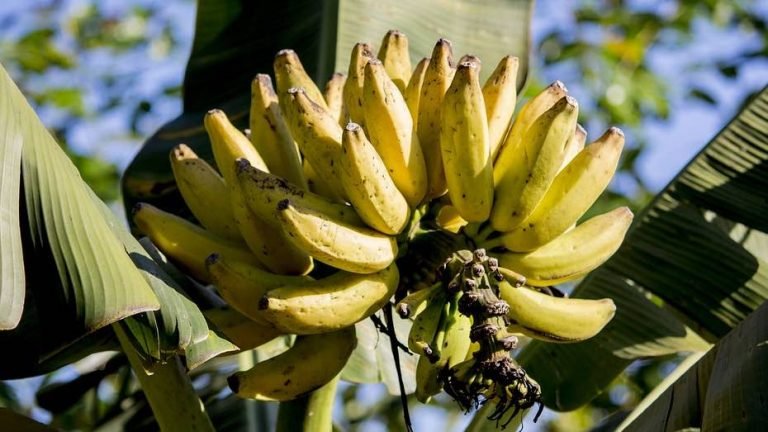
Blockchain technology makes its way into everyday life through its application to real day-to-day problems. Transparent voting records, storage and sale of energy, tracking of food products are some of the applications of distributed technology.
Among these initiatives, those that promote distributed technology in the agricultural and environmental sector stand out, in order to benefit the activity and attack problems such as world hunger, the high costs of planting, the cultivation of healthy and free products. pesticides
DiarioBitcoin gathers four agricultural initiatives that are responsible for the "struggle to make the planet a safer and healthier place for all of us" through the implementation of disruptive technology in the agricultural process, according to the EcoBit website, of these initiatives.
AgroCoin (Mexico)
AgroCoin is the token issued by Amar Hidroponía, a Mexican company dedicated to the cultivation of habanero peppers, whose purpose is to give stability to the agricultural activity of the sector through Blockchain technology and smart contracts, while allowing investors to participate in planting.
The initiative was born with the vision of creating "the first cryptocurrency based on agricultural culture", according to its whitepaper, to allow all people to participate in Mexican agriculture even if they do not have knowledge about agriculture. The document also explains that the objective of the cryptocurrency is to improve working conditions in the American country and to save the financing problems of the sector.
With the issuance of the cryptocurrency, the initiative hopes to attract investors who buy the digital token and thus create a fund that will be used in the crop. Each currency has a value of USD $ 27, or 500 Mexican pesos, and is supported by one square meter of the land planted, so that the investor can "participate in the profits of chile [ají] habanero" and receive between 20% and 30% of returns with respect to the initial investment.
Launched in the last quarter of last year, the initiative showed its first returns in April of this year, equivalent to USD $ 10,447 or 212,000 Mexican pesos, which were delivered to the first 76 investors, according to El Economista.
Currently, the Mexican initiative seeks to receive investments for 100 hectares of hydroponic habanero peppers, that is: reach the sale of 1 million tokens, and receive a financing of approximately USD $ 2,682,000, or 50 million pesos. Additionally, the platform established a regressive counter for the launch of an Exchange on its website.
BananaCoin (Laos, Asia)
Based in Laos, the BananaCoin initiative (BCO) is a cryptocurrency based on Ethereum launched by members of a plantation of bananas, whose value is given by the price of 1kg of a very particular type of this tuber, called "Lady Fingers" ", Which are planted and harvested in the Asian country.
The objective of the initiative is to produce enough funds to allow the planting of 11 hectares of Lady Fingers, and then export them to China, "where the demand is greater," according to its website. Among the main expenses are the rent and maintenance of land, the purchase of agricultural machinery, the acquisition of plants ... All of which results in an invoice of several hundred thousand American dollars.
"I like the idea of offering a product to raise funds for businesses related to agriculture," explains Oleg Dobrovolsky, a Russian businessman and member of BananaCoin. "I think this [project] is a very smart one and it's one of those strange initiatives that are connected to something real," which is the sale of bananas by farmers.
As it reads is an official site, BananaCoin's business model is of the TGE type ("Token Generation Event"), which consists of a crowdfunding that issues digital tokens, BCO, to investors . Each BCO allows its buyer to receive profits and profits from the business of planting bananas ─as the exchange of the token for a quantity of bananas or for its sale value─. "We do not link the agribusiness to Blockchain, but we use the capabilities of Blockchain to increase investment and organize transparent payments to investors in the future," explains the initiative.
In this regard, BananaCoin takes advantage of the Blockchain technology to protect its investment and its Lady Fingers, and, additionally, has the help of the governor of Vientián, capital of the country and locality where the plantation is located.